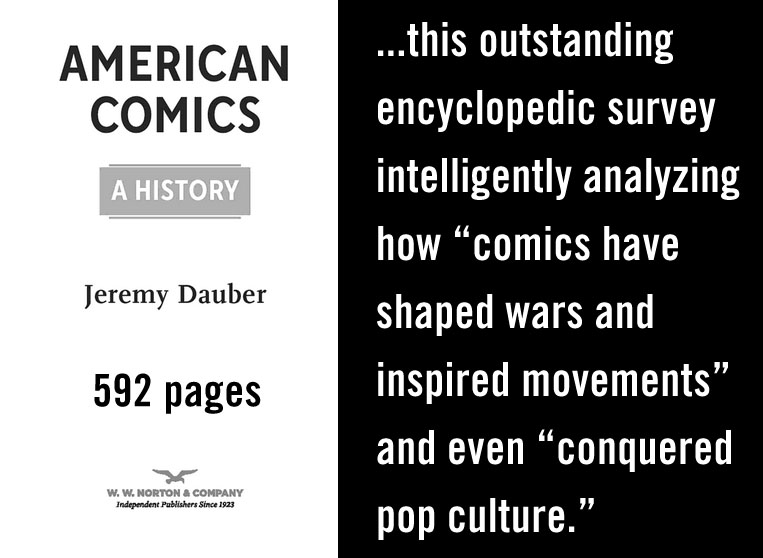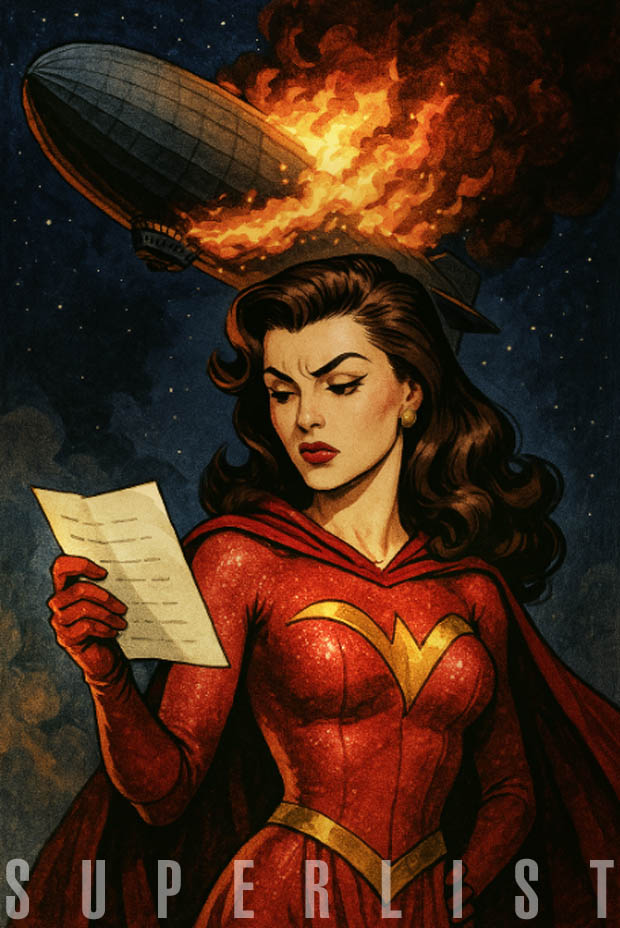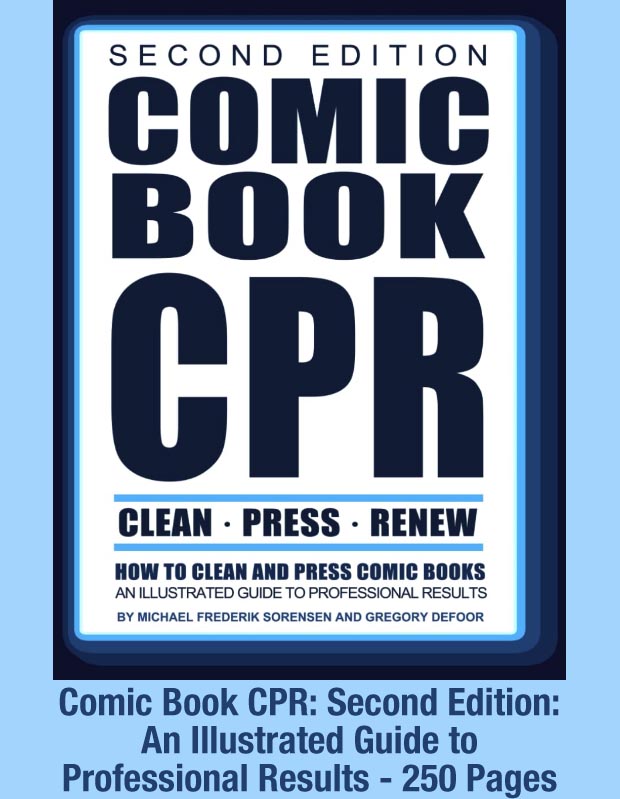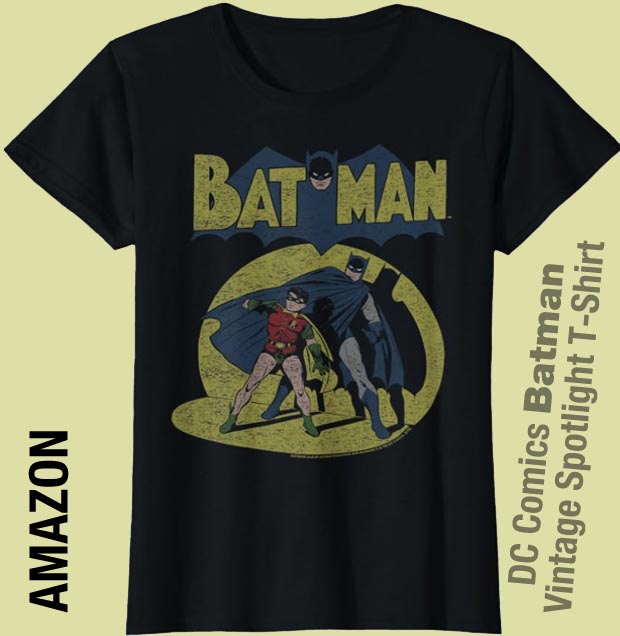Deconstructing Stan Lee
September 25, 2020
From article at Washington Post:
He virtually never wrote actual scripts. And tossing around concepts with a writer/artist is the task of an editor, not a writer. Given that the writer/artists — most notably Kirby and Ditko, but also such titans as John Romita, John Buscema, Wally Wood and Don Heck — actually constructed the story, they should be considered the true, primary writers, with Lee doing embellishment
Straightening out, after the fact, who did the most in a collaborative environment is often a fools errand, and it is a problem that confuses not just comic book history, but the histories of just about every other media that uses collaborative teams. Reading about films, for example, one is struck again and again how the director of a motion picture actually isn't the only director, or that the music is by someone else not in the credits, or that a team of multiple writers is behind that single name listed as the writer who only did a first draft, or a final draft, unnamed individuals did much more (for example, famed 'script-doctor' Peter Viertel). How much pop music contains instrumental work by musicians that receive no credit whatsoever? The histories of motion pictures and pop music is full of shadowy, unnamed creators, and as the Washington Post knows, journalist articles often have many fathers and mothers despite that single name on the byline.

In a way, this attack on Stan Lee at the Washington Post is inevitable since the long, ongoing war inside of comicdom over the claims and counter-claims between Stan Lee/Jack Kirby/Steve Ditko (and other creators) on who is the originator, who is grabbing somebody else's credit, etc., is spilling over into mainstream media. The brand names in information media have been ferociously feeding off of fandom in increasing ways over the last decade (for example, there's a boost to readership just by covering any sort of Batman or Spider-Man story, as the constant click-bait articles across the web testifies, published by august periodicals that a couple of decades ago wouldn't have touched a 'fandom story' with a thousand foot pole).
The decorum of the past that made some topics off-limits because it would offend the dignity of a "serious" publication has eroded as the shrinking audience for the main news media entities try to find new readers wherever they can be found (though, there still are limits based on decorum and dignity. Can you imagine the Washington Post trying to tap into the enormous religious community of potential readers made up of Christians, Jews, Muslims, etc., in America? I can't. Nonetheless, that audience is there and would be susceptible to a publication that has quality writers and quality production, which the Post has in abundance, and could lavish attention onto these communities and thereby sell product. This of course isn't usualy done except in a passing sub-department of community news. Comic book fans are just of a more acceptible religious order, though, and are responsive, justifying the growing attention.)
Anyway, the change in what can and cannot be covered means that, at least as far as the once nearly invisible comic book fandom is concerned, it means that of course big-stream media is now also inculcating all the wars and feuds, too (and "myths," though I mean this word differently than how the writer of this Washington Post critical piece on Stan Lee means it).
There is actually zero evidence that Lee had the initial ideas for any of these characters, other than his own claims. In his 2002 memoir, for instance, he said of Ditko - I really think I’m being very generous in giving him ‘cocreator’ credit, because I’m the guy who dreamed up the title, the concept, and the characters.” The world has generally accepted that Lee had the initial notions for the characters, only then passing them off to Kirby or Ditko. But over the course of legal cases, painstaking historical debate and my own archival research, nothing has ever been turned up that proves — or even suggests — that Lee was the driving creative force. No presentation boards, no contemporary notes, no diary entries, no supporting accounts from anyone other than his wife. Nothing. Meanwhile, Kirby and his defenders have asserted that Kirby was the characters’ sole creator, accurately pointing out that he had a far longer history of creating successful characters on his own. Same goes for Ditko.
I question the conclusions being drawn by this writer of the Washington Post article. Abraham Riesman who is the author of "True Believer: The Rise and Fall of Stan Lee," which is to be released by Penguin Random House on February 16, 2021, because the claims made by Stan Lee and Jack Kirby themselves could be rather fluid, with some claims being made and then retracted later, then restated yet again another time (Steve Ditko is a different matter, with much less contradiction).
Reisman's argument reconfiguring Stan Lee into a different personality instead of the one exhibited in the press and Marvel movies over the last many decades is a natural way of presenting a new biography by a new biographer (and Stan Lee has already spawned many other books, for example the very similarly titled Stan Lee and the Rise and Fall of the American Comic Book). I can't blame the writer for going in that direction, and it is probably a good idea as the accolades and the publicity draped around Stan Lee only gets thicker with every Marvel movie, but what bothers me is that there is an underlying problem that mars so many of the pop culture biographies I have read. When the writer goes wholly in one direction that this personality is the one whose words I will trust, and this other is the one I will not trust, the biography descends at times into pamphleteering for a side, and is no longer biography.
A dilemma around the Jack Kirby-Stan Lee partnership is that Jack Kirby produced a lot of non-Stan Lee writing after their 1960's work, and Kirby's later output shows a writing ability and style that is different from what is in the Lee-credited work. Kirby could produce idea after idea within his stories, quite often leaving them thinly explored because he would move on to yet another new idea in the course of a single 22-page comic.
With Stan Lee, there was better focus and examination of the ideas, and the stories were decorated with more character conflicts flavored by "writerly" melodrama and "soap opera" than the stories from Kirby. Kirby's work often plowed ahead in a straight line centered around one character with a gaggle of secondary characters close behind, solving mysteries and creating new ones. The Stan Lee and Kirby co-authored work seems to me to have more elaborate architecture for the human part of the stories, and less of it when Kirby was alone (in fact, Kirby's later solo stuff often reminded me of the Newsboy Legion and Captain America stories he did with Joe Simon many years before Kirby was with Stan Lee.)
If Riesman's book proves Stan Lee was simply an editor who impacted Kirby's (and others) stories, that will be a great revelation that could significantly alter comic book history, and should shift focus off the avuncular Lee onto the tempestuous Kirby for prominence in Marvel's terrific success of transplanting those 1960s-70's stories into 21st century cinema.
If you ask me who I prefer in this argument, it is Kirby by a mile: even with Kirby's rough writing style, there is a unique intelligence and 'voice' that stands out, and that is not meant to knock Stan Lee. The same holds true for Steve Ditko. This feeling actually supports Reisman's thesis, but there's a lot more to proving a case than feeling.
Another problem I see in the Washington Post article is this:
One of the great injustices of the comic-book industry is that the biggest publishers, Marvel and DC, treat their writers and artists as freelancers who do work for hire, and thus typically cede all rights for the characters they create to the company.
The accusation here is disingenuous. First of all, they usually were freelancers, and though that benefitted the comic book industry because of the cheap way the industry was always run, it also often suited the unusual personalities that worked within it. Many of these writers and artists that produced so much work were hardly "company men" by dint of both personality and by choice (though some were 'company men', obviously. I think John Byrne bragged in a Comics Journal interview that this was what he exactly was and all he wanted to be).
If Riesman is specifically only talking about the Kirby/Ditko situation with Martin Goodman, and the broken promises that inflamed those relationships, instead of the industry as a whole, then Riesman really needs to clarify. There is a strong argument, though it has thus far failed in court, for artists and writers who worked within an older, and different framework, to not be posthumously assigned a 'work-for-hire' position when that obviously wasn't what was used within the original work relationship. But that's a legal situation that became far stricter and spelled out in the 1970s and most legal efforts in that area (think of the Howard the Duck case) haven't much turned out any differently, i.e., the corporation wins.
The accusation that the industry 'treat their writers and artists as freelancers who do work for hire...' is because that's what the often crappy contracts stated: "work for hire," right on the back of the payment check, and that's what the people doing the work agreed to. That doesn't mean it is fair, but pretending the agreements were not there is false.
I'm looking forward to Riesman's book, but so far it looks like some of his positioning of history is simply for tearing down Stan Lee, and upon examination, is weak, slanted by way of prejudice on the subject.
More:
More Stan Lee

Original Page October 2020 | Updated Feb 2021


